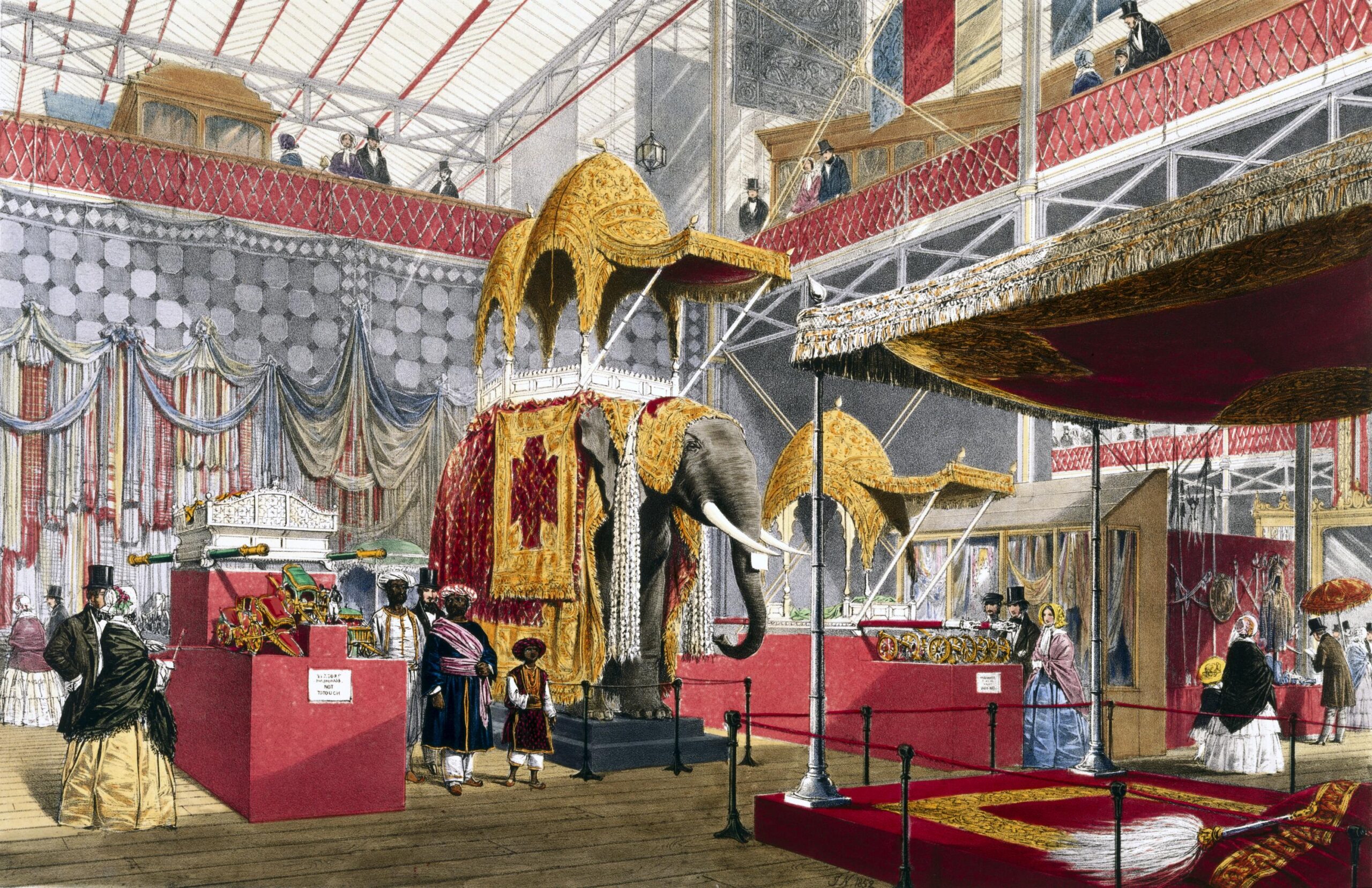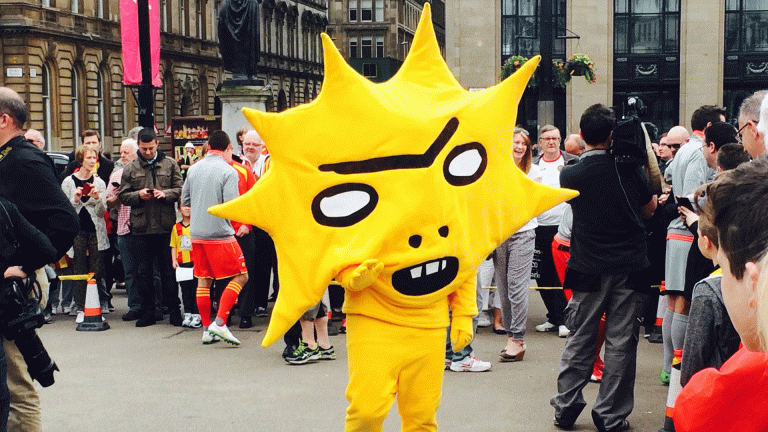With some 20 million visitors each year to Exhibition Road, The Royal Albert Hall, the V&A, Science Museum and Natural History Museum are among the most popular and well-known cultural venues in the world.
But what is less well known is that they are not just neighbours in South Kensington: they have a shared history and a shared mission. Together with Imperial College London, Royal College of Music and the Royal College of Arts, they were founded from the legacy of the Great Exhibition of 1851.
The Great Exhibition of Works of Industry of All Nations had been a huge and somewhat unexpected success. Six million people visited – equivalent to a third of the UK population at the time – and it generated a profit of £186,000. It was Prince Albert who had the vision to use this money to create a new campus for learning and innovation in the arts and science to continue the mission of the Great Exhibition.
It was to be a place where cutting- edge research would be cheek-by-jowl with exhibition and performance; where experts from all disciplines could debate and exchange ideas with each other to open this up for everyone through displays, exhibitions and events. That radical experiment proved a great success and today the arts and science organisations in South Kensington are world-leaders in their field.
To mark Prince Albert and Queen Victoria’s 200th birthday, over one weekend this summer, Exhibition Road will host a celebration of curiosity and discovery, with a new, free festival of art, science and culture. With over 150 live events, running from 28-30 June, The Great Exhibition Road Festival will transform the area, which will be closed to traffic, as activities spill out into the surrounding streets.
The festival will feature three days of workshops, interactive exhibitions and performances spread across museums, galleries, Imperial College’s campus. From robot air hockey to sculpture workshops inspired by the wonder material graphene there is something for everyone among the hundreds of events planned. There will also be over 50 live talks–including appearances by Helen Sharman, the first British astronaut; Professor Lord Robert Winston; and the former Rector of the Royal College of Art, Sir Christopher Frayling.










